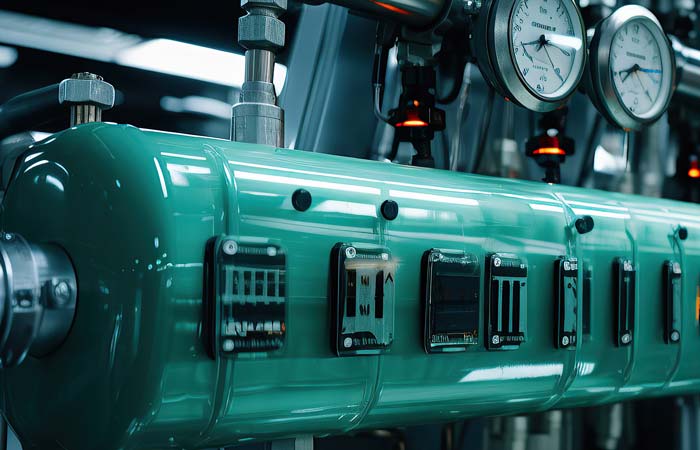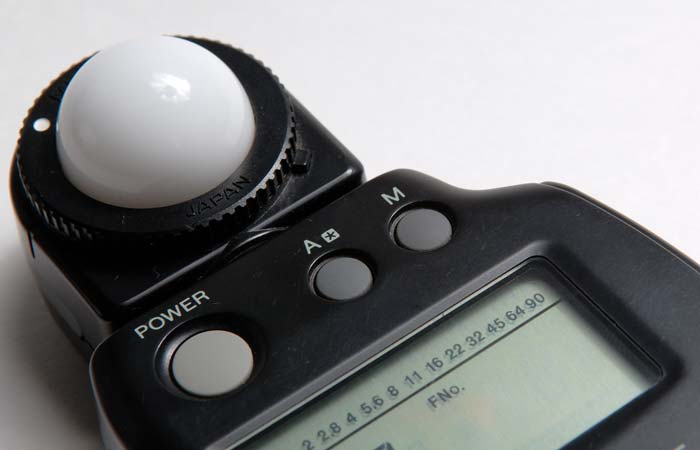

Angel’s Instrumentation Chesapeake, VA Calibration Lab
Angel’s Instrumentation, A Transcat Company, was established in 2000 as an accredited calibration laboratory specializing in the disciplines of RF & Electronic Test Equipment, Physical, Dimensional, Thermal, Flow, and Torque. As a leader in the metrology industry focusing in the maritime, naval, automotive, medical, and manufacturing sectors, Angel’s Instrumentation provided industry-leading accredited calibrations out of Chesapeake, VA.
After being acquired by Transcat in 2018, Angel’s Instrumentation became Transcat’s Chesapeake, VA Calibration Lab and continues to serve the area with its high-quality services and unsurpassed customer support. The following services that you relied upon Angel’s Instrumentation to provide are now available to you through Transcat.
Accredited Calibration Services – Now Transcat’s Chesapeake, VA Calibration Lab
In our state-of-the-art calibration laboratory, the Transcat Chesapeake Lab delivers customers an array of ISO/IEC 17025:2005 and ANSI-Z540.3 accredited services. We offer full, limited, or special calibrations based on customer requirements. Our lab offers a 5-day turnaround on calibration services, with expedited services such as same day, 1-day, or 2-day options available. Equipment drop-off and pickup is available to customers in the local Chesapeake, VA area.
PHYSICAL / DIMENSIONAL
- Accelerometers
- Calipers
- Micrometers
- Threaded Ring Gages
- Threaded Plug Gages
- Pin Gages
- Feeler Gages
- Precision Level
- Height Gages
- Gage Blocks
- Digital Protractor
- Square
- Coating Thickness Tester
- UT Thickness Tester
PRESSURE
- Pressure Gauges
- Pressure Transducers
- Vacuum Transducers
- Manometers
- Vacuum Gauges
- Magnahelic Gauges
- Compound Gauges
- Flow Controllers
- Anemometers
- Rotometers
- Pressure Calibrators
MECHANICAL / TORQUE
- Torque Wrenches
- Torque Calibrators
- Load Cells
- Force Gauges
- Weights
- Tensiometers
- Scales
- Balances
- Dynometers
In addition to our in-lab offering, the Transcat Chesapeake Lab offers on-site calibration services to ensure your production environment is efficient, safe, and operating at optimal productivity. On-site calibration services are available for pressure, temperature, torque, electrical, mechanical, scales, and flow equipment.


Transcat Marine Services
Through Transcat Marine, we’re proud to offer specialized marine calibration services for customers including Military Sealift Command, United States Navy, United States Coast Guard, Steam Ship Lines, and others. Our highly trained calibration technicians travel with portable instrument standards to calibrate all pressure gauges and thermometers on board customer vessels, ensuring ships stay “Mission Ready”. Whether you require services for electrical, dimensional, or communication General Purpose Test Equipment, Transcat Marine understands the dynamic environment of mission-critical vessels and delivers the highest level of calibration quality available.
Light Meter Calibration
As one of the few commercial calibration laboratories on the East Coast, the Transcat Chesapeake Lab provides light meter calibrations up to 15,000 LUX for a variety of equipment. For environments requiring adequate lighting for security, OSHA compliance, and industrial applications with light sensitivity processes, our team performs light meter calibration using manufacturers specifications and industry-established procedures.


